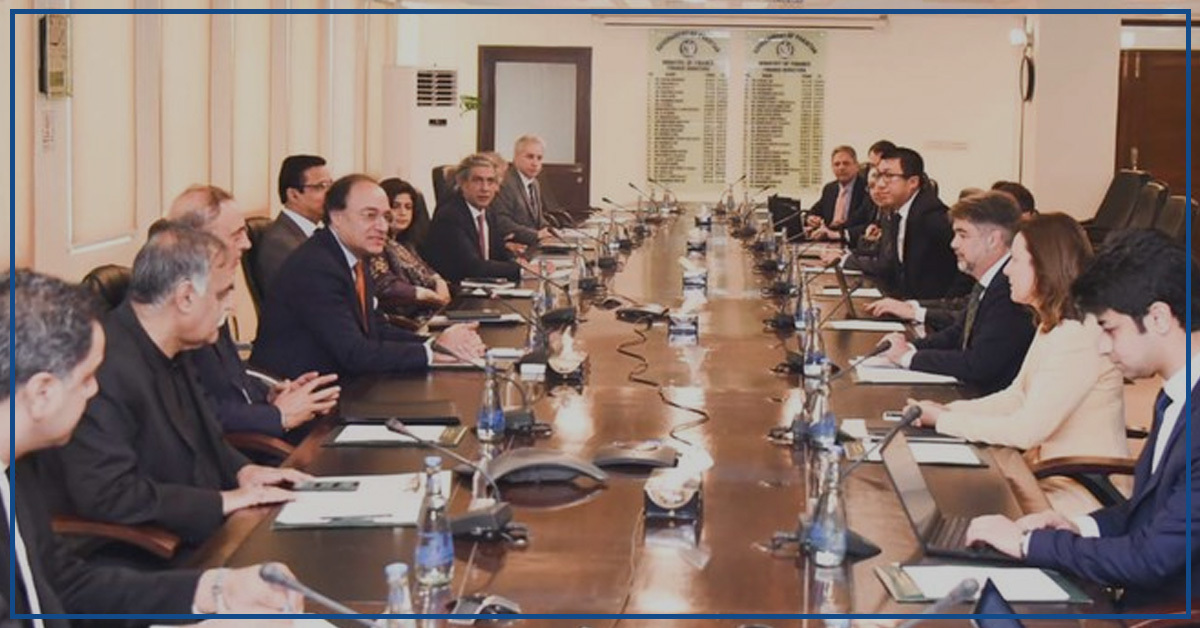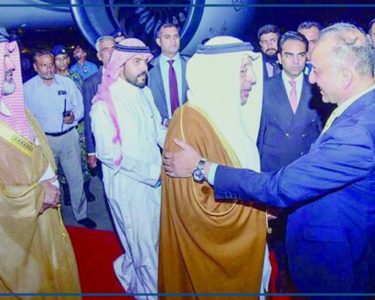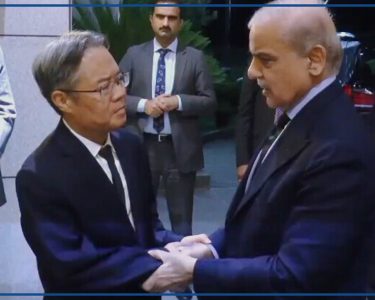Pakistan took a cautious stance on Monday regarding the ongoing talks with the International Monetary Fund (IMF), refraining from labeling them as program negotiations. Instead, they emphasized that discussions were centered around “further engagement with the fund.”
The finance ministry opted not to specify this “further engagement,” diverging from past declarations where they expressed eagerness to secure the Extended Fund Facility (EFF).
During the visit, the IMF mission, led by Nathan Porter, met with Pakistan’s Finance Minister to initiate discussions on this “further engagement with the Fund.”
However, the visit occurred amidst unrest in Azad Jammu and Kashmir (AJK), leading to the prime minister’s approval of a Rs23 billion unbudgeted subsidy to quell the situation.
This subsidy’s approval is viewed as a sign of weakened political resolve, raising doubts about the coalition government’s ability to withstand public pressure, particularly concerning the conditions of the next bailout package.
The language in the finance ministry’s statement mirrored that of IMF Resident Representative Esther Perez, who mentioned discussions on the “next phase of engagement” during Porter’s meetings with Pakistani authorities.
Porter highlighted concerns about tax revenue shortfalls, imbalances between federal and provincial taxes, and the political challenges confronting the government.
It remains uncertain whether the IMF mission will result in a formal staff-level agreement for the next bailout package. Discussions are ongoing regarding the duration, instrument, and size of the potential program, with Pakistan aiming for at least a three-year engagement.

Finance Minister Muhammad Aurangzeb refrained from clarifying whether the current IMF mission pertained to program negotiations under the Extended Fund Facility.
Additionally, there was no comment on whether the IMF mission was exploring both shorter-term and longer-duration program options in light of the political and economic landscape.
Despite the uncertainties surrounding the IMF discussions, the international money lender offers an optimistic outlook for Pakistan’s economic future.
IMF projections anticipate a notable reduction in inflation coupled with steady economic growth over the next three fiscal years.
In the upcoming fiscal year, Pakistan’s economic growth rate is forecasted to reach 3.5 percent, with expectations of a further increase to 5 percent in 2025-26 and stabilization at 5 percent beyond 2026-27.
Simultaneously, the IMF foresees a significant decline in inflationary pressures. Projections suggest a decrease from the current 12.7 percent to 7.6 percent in the fiscal year 2025-26.
Furthermore, Pakistan is expected to experience a substantial boost in foreign exchange reserves, climbing from $9 billion to $13.4 billion in the upcoming fiscal year.
This anticipated increase signals improved financial stability and resilience against external economic challenges, bolstering confidence in Pakistan’s economic prospects.





